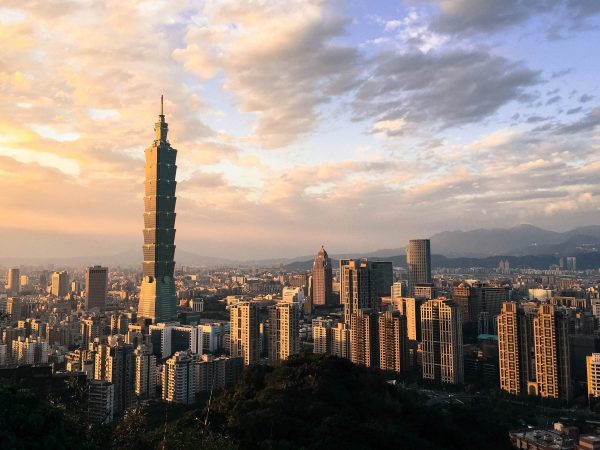SINGAPORE, 9 September 2022: Taiwan confirmed on Wednesday that citizens of Singapore, Malaysia, Thailand, Brunei, Philippines, Japan and Korea are not eligible for visa-free entry that will be reinstated on 12 September.
Taiwan’s Bureau of Consular Affairs clarified after media reports suggested ASEAN nations were on the visa exemption list. They are currently on the suspended list until further notice. Other nations on the suspended list are Chile, Dominican Republic, Israel, Nicaragua and Russia.

Taiwan kept entry and quarantine rules when most Asian nations eased rules. However, it cut the mandatory quarantine for arrivals from seven to three days in June. Upon arrival, all travellers entering the country must take a polymerase chain reaction (PCR) test.
Taiwan said the decision to resume the visa-free entry of citizens from several countries was based on the fact that most countries had reopened their borders. It cited the need to balance Covid-19 control measures with the need to stimulate economic recovery.
The Bureau of Consular Affairs list below identifies the nationalities eligible for visa-free travel. Under the ruling, the stays vary depending on the country, but 90 days is the maximum. Nationals of ASEAN countries will get a 30-day stay under the visa-exemption scheme when the suspension ends.
The Taipei Representative Office in Singapore said on Tuesday that a “press release on the adjustment of border control measures issued on Monday had been misunderstood. Some media and the public misunderstood that from 12 September, Singaporeans can enter Taiwan without a visa.”
|
Type |
Visa-Exempt Entry |
|
Applicable foreign nationals starting from 12 September, 2022 |
|
|
Temporarily Suspended |
Chile, Dominican Republic, Israel, Japan*, Republic of Korea, Nicaragua, Singapore, Malaysia, Thailand*, Brunei*, Philippines*, Russia* |
Meanwhile, Malaysia has scrapped its mask mandate for indoor settings, with premise owners allowed to decide whether to impose their face mask requirements.
“Face masks indoors will be optional effective immediately,” said Health Minister Khairy Jamaluddin, adding that masks remain mandatory on public transport and healthcare facilities, CNA reported in its morning online edition yesterday.
Healthcare facilities include hospitals, clinics and nursing homes, while public transport covers e-hailing services, flights, taxis and trains.
Masks are still “highly encouraged” for crowded indoor settings. High-risk individuals, those who are ill or symptomatic, and those who interact with the vulnerable are encouraged to wear masks.
Malaysia did away with outdoor masking from May this year but continued to require them indoors and on public transport.
(Source CNA and additional reporting)






